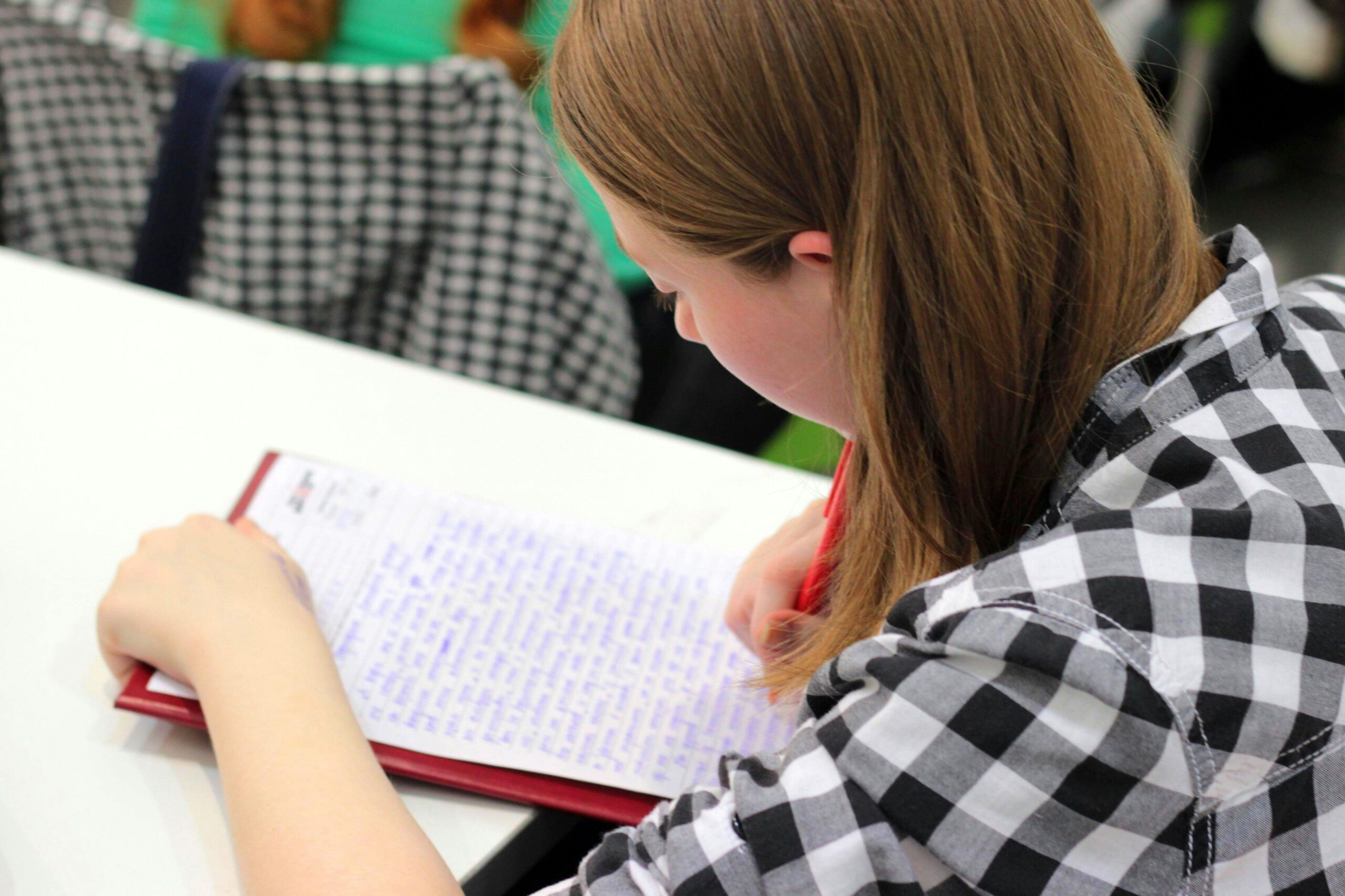When it comes to the GCSEs, preparation is key. These exams can be challenging, but if one knows the right study strategies, the whole process can run more smoothly. This blog post aims to share practical and effective study methods to best prepare for the GCSEs.
Creating a Study Schedule
First and foremost, creating a study schedule is essential. A study plan helps students structure their time efficiently by allocating specific hours for each subject. Ensure the timetable incorporates breaks and recreational activities as well – all work and no play is not conducive to productive learning.
The Importance of Sleep
A consistent and healthy sleep schedule greatly impacts cognitive functioning. Lack of proper sleep may impair memory retention, making it harder for students to recall learned information during exams. Aim for seven to nine hours of sleep each night so that your mind can rest and consolidate information effectively.
Active Learning Techniques
Active approaches to learning, such as summarizing information in your own words or teaching someone what you have learned, are believed to enhance knowledge retention rates. Instead of passively reading through textbooks or notes, engage with the material actively.
E-learning Resources
There are numerous e-learning platforms available nowadays that offer GCSE revision materials. Check out online resources such as exam papers, interactive quizzes, subject-specific videos, and more. Educating your child using these digital tools can certainly go a long way towards ensuring success in their studies.
Mind Maps for Visualization
Mind mapping is a powerful tool for visual learners because it enables visually representing complex concepts in an easy-to-understand format. Mind maps can be used for summarizing information, brainstorming ideas, or even drawing connections between different topics.
Healthy Eating Habits
A balanced diet plays a significant role in maintaining concentration and focus during study periods. Consuming meals rich in protein, fruits, vegetables, and whole grains can sustain energy levels and enhance cognitive performance.
Regular Exercise
Regular physical exercise has been shown to improve brain function as it promotes the growth of neural connections and improves memory retention. Even light activities such as walking, cycling, or simple stretches could help boost academic performance.
Effective Note Taking
Ineffective or messy note taking can often lead to confusion when revisiting information in the future. Learn to adopt different note-taking styles such as the Cornell method or the outline method to make your revision process more efficient.
Time Management Skills
Skillful management of time is a key component of success in any endeavor, including studying for GCSE. It is essential to allocate individual study sessions strategically and eliminate potential distractions to enhance productivity.
Past Papers Practice
Practicing past papers is an effective way to expose students to the type of questions they may encounter in the exams. Additionally, it helps gauge your understanding level and adapt your study tactics accordingly.
Revision Techniques
The choice of revision technique greatly impacts how well students retain information. Depending on one’s learning style, techniques like flashcards for spaced repetition, mnemonic devices for memory aids, or interleaved practice could come handy.
The Power of Breaks
Taking regular short breaks during study sessions is most effective for maintaining attention and absorbing knowledge. The Pomodoro Technique is a popular method where you alternate intensive study sessions (>25 minutes) with 5-minute breaks.
Seeking Peer Support
Studying in groups or with a partner helps fill learning gaps and provides the opportunity to explain concepts to others, which facilitates deeper understanding. Exchange ideas, challenge each other, and seek help when you’re stuck.
Final Thoughts
The march towards GCSEs need not be a daunting task. Equipped with the right study strategies, you can turn this journey into an enjoyable and educational experience. Always remember that preparation is key, adopt a healthy lifestyle, leverage technology, practice consistently, and keep a positive mindset. It is equally essential to recognize the importance of taking breaks and seeking support when needed. Happy studying!
